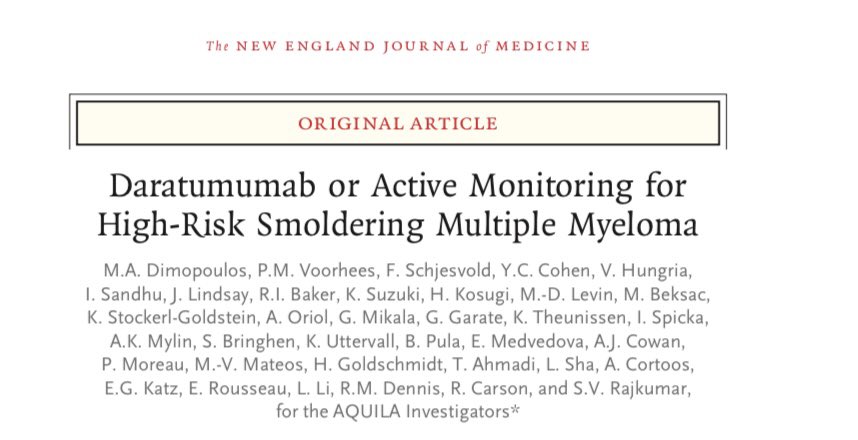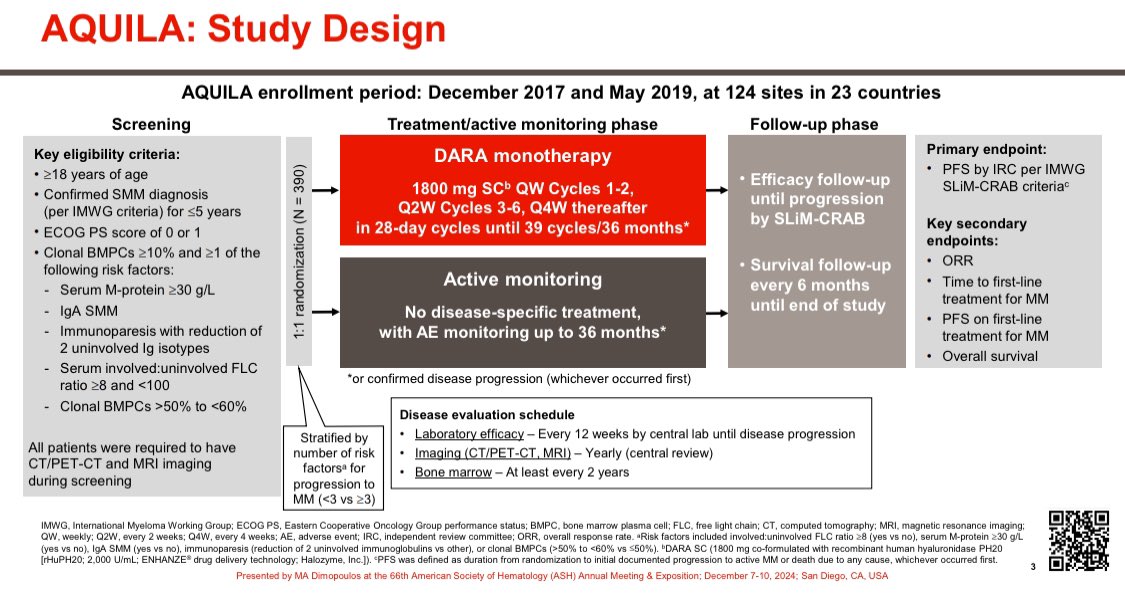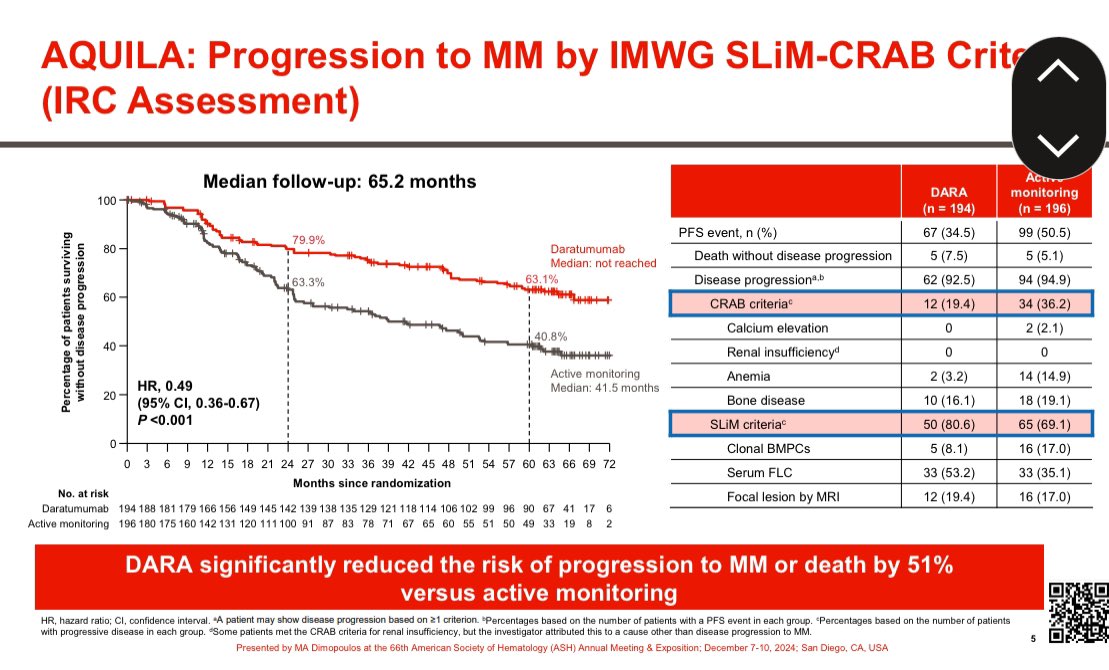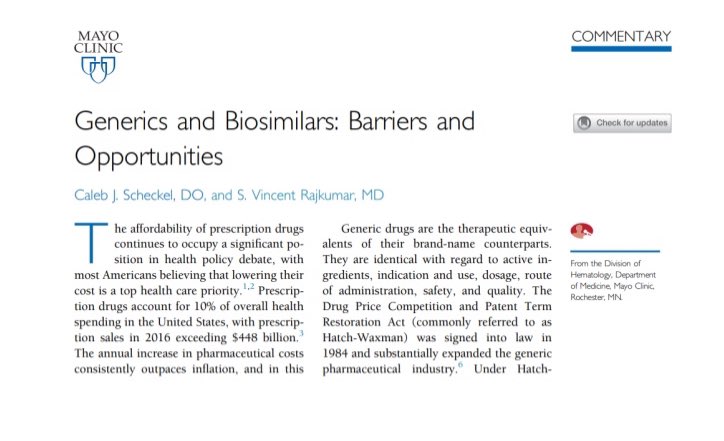Why generic lenalidomide is delayed: Celgene sued generic companies citing patent infringement. Now BMS has reached agreement with 3 companies limiting sales to <10% volume each— effectively prolonging Revlimid monopoly till 2026. Not good for patients. @DavidP4AD @matthewherper
Or the public— because Revlimid is one of the top drugs in the US for Medicare spending. >2 billion a year. @peterbachmd @a_kaltenboeck fiercepharma.com/pharma/new-cms…
The argument that new drugs go generic after 10-15 years & become inexpensive is not a reality in cancer. Patent life is prolonged by a variety of methods:
Lawsuits
Pay for delay
Volume limited agreements with generic companies
Introducing “me too” drugs as novel replacements
Lawsuits
Pay for delay
Volume limited agreements with generic companies
Introducing “me too” drugs as novel replacements
Correction: the terms of agreement with one of the companies (Dr. Reddy’s) is not known. But for two of the generic companies it is volume limited to less than 10% until 2026. fiercepharma.com/pharma/after-p…
Thanks to @pharmalot for clarifying this for me.
I find not disclosing the terms of the arrangement with a generic company even more troubling. @pharmalot @DavidP4AD
• • •
Missing some Tweet in this thread? You can try to
force a refresh



















